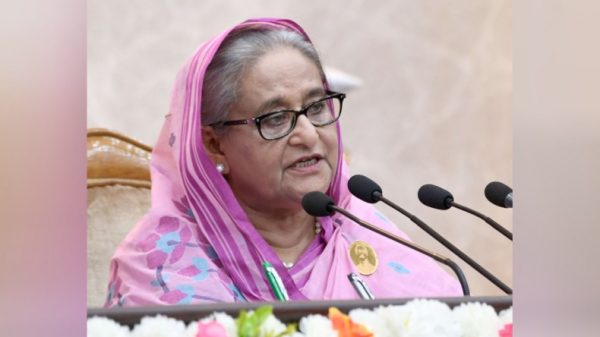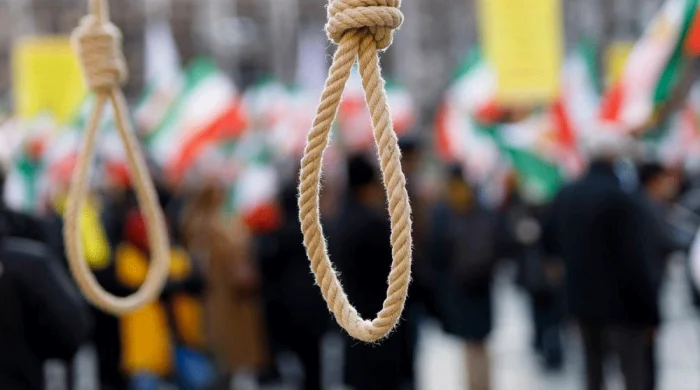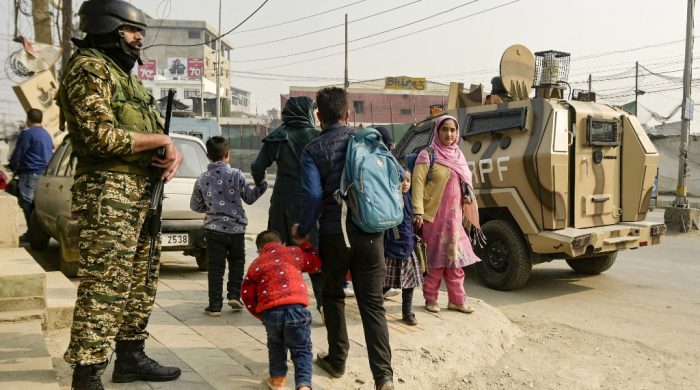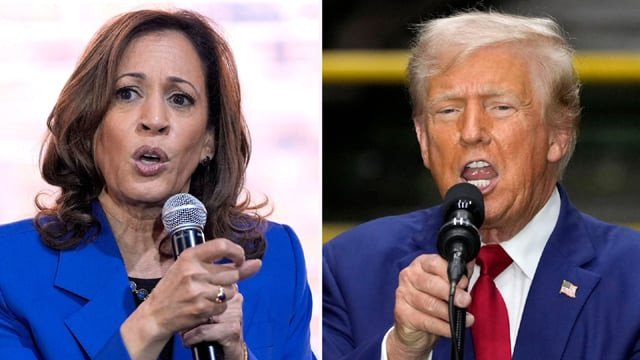A total of 5, 16,674 cases have been pending with the High Court, with 87,019 fresh cases filed every year. On the other hand, the High Court has been disposing of 690 pending cases annually on average since 2018, according to the Supreme Court Annual Report. At the current disposal rate, the 90 HC judges would need at least eight years to dispose of the 5,16,674 cases pending as of December 31, 2022, shows the annual report. The High Court with 90 judges disposed of 87,474 cases in 2022 against the filing of new cases of 91,498 cases in the year. Each judge at the High Court disposed of 971.94 cases on average in the year. The High Court with the same strength disposed of 23,654 cases in 2021 against the filing of 83,216 new cases in the year. Each judge, on average, settled 257 cases in 2021. In 2020, 352.49 cases were cleared on average by each of the 97 HC judges. The High Court with the same capacity decided 34,192 cases against the filing of 64,013 new cases in that year. In 2019, the High Court with 100 judges disposed of 1,35,275 cases against the filing of 1, 07, 568 cases while the average number of settled cases by one judge was 1,352.75. The High Court with 95 judges in 2018 disposed of 49,035 cases against the filing of 88,801 cases in the year. In that year, the average number of disposed cases by each judge was 516.16. ‘The disposal rate increases when small cases like bail petitions are disposed of while hundreds of references of death-row prisoners and their appeals against the sentences pending years after years remain unsettled,’ former Appellate Division judge MA Matin on Saturday told New Age. According to him, the cases the High Court usually can dispose of in large number are no ‘quality’ cases as they cannot, say, protect the ‘right to life of death-row inmates’ languishing in jails without their cases being attended to. ‘All the judges should utilise their working hours as it is people’s time,’ Matin also said. He said, ‘Previous chief justices strictly monitored if the judges used their working hours.’ He also said that it became a practice among many judges these days not to sit at the court after launch. Jurist Shahdeen Malik said that the number of High Court judges must be increased to raise the disposal rate. He, however, viewed that increasing judges would be a futile exercise if the filing of fictitious cases could not be prevented. Shahdeen went on to say that like foreign countries, monetary compensation should be imposed for filing fictitious cases. The backlog of the cases, he further said, can be reduced if the High Court directs the district and sessions judges’ courts to hear and dispose of bail prayers. Shahdeen also said that the Appellate Division should not waste their time hearing bail matters. There should be an Appellate Division guideline on what to hear and what not to hear, he said. A complete elimination of the backlog cases cannot be achieved, Shahdeen said, adding that the duration for the disposal of a case can be reduced by taking various steps. ‘In many countries, one case is disposed of in maximum two years,’ he pointed out. ‘It is true that the appointment of more judges will reduce the backlog of cases, but there must be monitoring as to how the existing judges utilise their working hours,’ said former district judge Masder Hossain, who is known for his role in the case on the separation of the judiciary from the executive. He observed that the chief justice could issue directives to the High Court judges for the disposal of the cases pending for 10 years or more on a priority basis. Masder noted that hundreds of death-row inmates had been languishing in jails as the High Court could not hear their death references and their appeals even after five years or more of their sentences. Supreme Court spokesman Mohammad Saifur Rahman on Thursday told New Age that the disposal rate of cases in courts had increased compared to previous years.

- Update Time : Sunday, June 18, 2023
- 29 Time View

Prime minister Sheikh Hasina on Sunday said Bangladesh would not yield to any external interference as it is an independent and sovereign country.
‘We’ll not give in to interferences of anyone. It is our decision,’ she said.
The prime minister was addressing a special gathering arranged at her office, marking the 37th founding anniversary of the Special Security Force.
‘We are an independent nation. We achieved our country through a war,’ she asserted.
Noting that Bangladesh is following the policy ‘friendship to all and malice towards none,’ which was framed by the country’s founding president Sheikh Mujibur Rahman, she said that her government had been working accordingly to make friendship with essential ones and doing whatever necessary to develop the country.
Hasina said that Bangladesh was progressing and would go ahead farther defying many obstacles and conspiracies.
Bangladesh faced obstacles and conspiracies many times, she said adding that the country had successfully overcome those.
‘So, still many obstacles and conspiracies continue. The reason is that when a country makes rapid progress, many may not tolerate it. So, they start making various types of trouble’, said the PM.
‘There is nothing to be unnerved with these disturbance,’ she said asking all people of the country to move with self-confidence and self-esteem, keeping the heads high as an independent and victorious nation on the world stage.
At the outset of the event, SSF director general Major General Md. Majibur Rahman delivered the welcome speech.
A video documentary on the SSF and its activities was screened.
PM’s principal secretary M Tofazzel Hossain Miah was present at the programme.
At the function, the prime minister unveiled the cover of a book titled Durnitir Biruddye Bangabandhur Ukti, a selection of 75 quotes of Sheikh Mujibur Rahman compiled and edited by SSF DG Major General Md Majibur Rahman.
On June 15, 1986, the Presidential Security Force was formed, which was later renamed as Special Security Force in 1991 following the restoration of the parliamentary government system in the country.
The force was originally intended to provide ‘physical security’ both to the president wherever he may be and to VIPs, including any head of the state or government or any person declared to be a VIP by the government. Following the restoration of the parliamentary system, its primary function has been to protect the president, the prime minister and other VIPs.

























